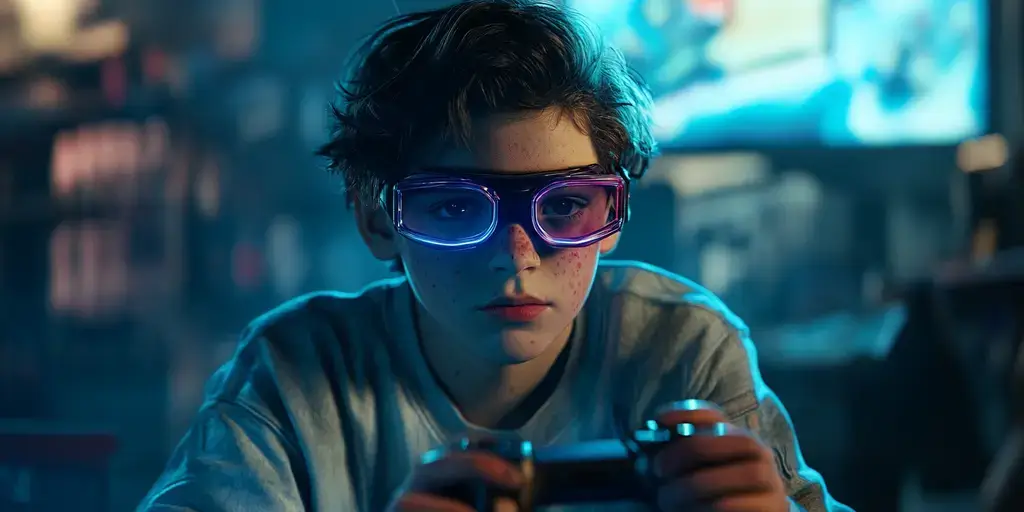The Rise of AI in Gaming
Artificial Intelligence (AI) has infiltrated various industries, revolutionizing the way things are done. From healthcare to transportation, AI has made its mark. One area where AI has been making significant strides is in the world of gaming. But what does this mean for competitive gaming? Will AI ruin the competitive spirit and skill that makes gaming so enjoyable?
The Impact of AI in Competitive Gaming
AI has indeed had a profound impact on competitive gaming, both positive and negative. On one hand, AI has allowed game developers to create more realistic, immersive gaming experiences. AI-powered NPCs (non-playable characters) can now exhibit more human-like behavior, providing players with challenging opponents. This has elevated the overall quality of gameplay and made competitive gaming more engaging.
Additionally, AI has played a crucial role in game development itself. AI algorithms can analyze massive amounts of data, enabling developers to balance gameplay, identify bugs, and enhance player experiences. This has resulted in more balanced and fair gameplay.
Fears and Challenges
Despite the benefits, there are concerns about how AI might impact the competitive nature of gaming. One fear is that AI could make human players obsolete. If AI algorithms become too advanced and superior, they could outperform even the most skilled human players, resulting in a loss of the competitive spirit. This could lead to a decline in the popularity of competitive gaming, as players may feel discouraged or pointless to compete against AI opponents.
Another challenge is the potential for unfair advantages. AI can process information and react faster than humans, giving AI-powered players an advantage in terms of reflexes and decision-making. This could create an imbalance in competitive matches, making it frustrating for human players to compete on an equal level.
Finding a Balance
As AI continues to evolve, finding a balance between AI-powered gameplay and human skill becomes crucial. Game developers need to ensure that AI doesn’t overshadow human players but rather complements their skills. The goal should be to create an environment where human players and AI coexist, enhancing the overall gaming experience.
One potential solution is to have separate competitive leagues or tournaments specifically for AI-powered players. This way, human players can continue to compete against opponents of similar skill levels and enjoy the thrill of human competition. AI-powered leagues could have their own rankings and competitions, allowing them to showcase their capabilities without overshadowing human players.
The Future of Competitive Gaming
While AI has the potential to alter competitive gaming, it’s important to remember that gaming is ultimately about entertainment and the human experience. The joy of competing against fellow humans, strategizing, and outsmarting opponents cannot be replicated by AI alone. AI should be seen as a tool to enhance gaming, rather than a threat to the competitive spirit.
As technology continues to advance, it’s crucial for game developers, players, and AI researchers to work together and navigate the challenges brought by AI in competitive gaming. By finding the right balance between AI and human skill, competitive gaming can continue to thrive and evolve in exciting new ways.










